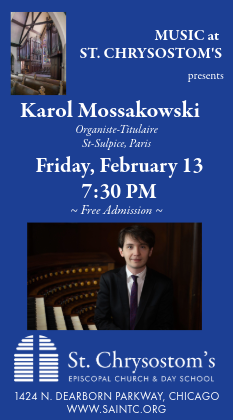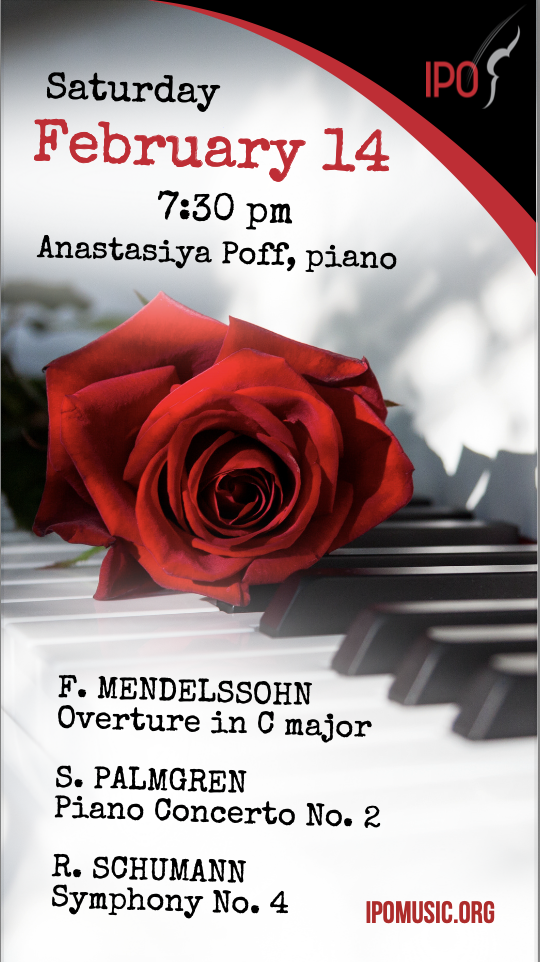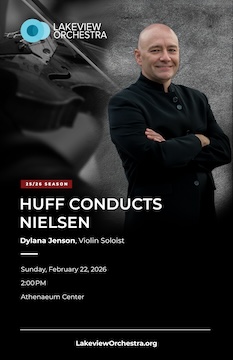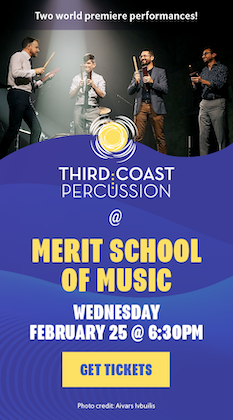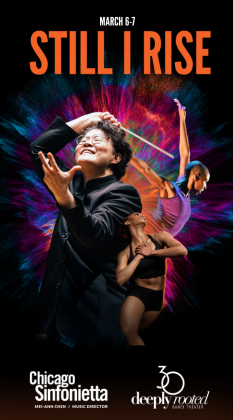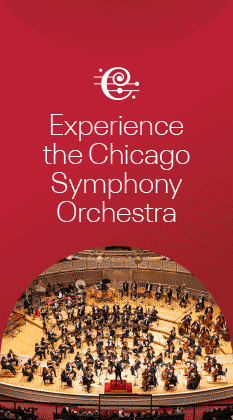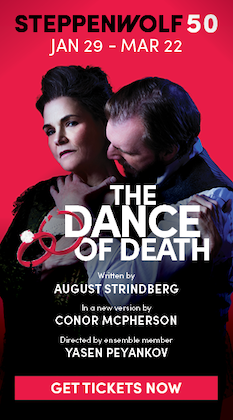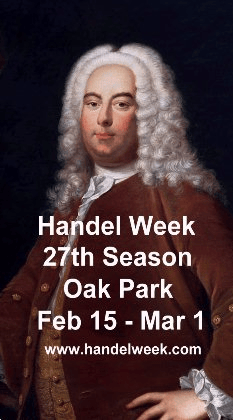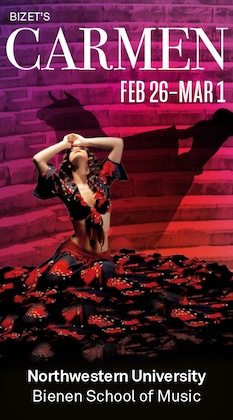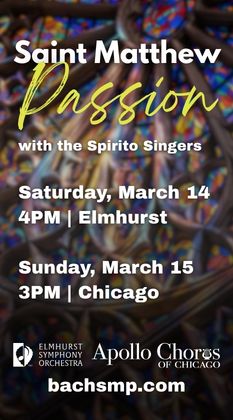Third Coast Percussion provides an Ear Taxi highlight with jointly composed premiere
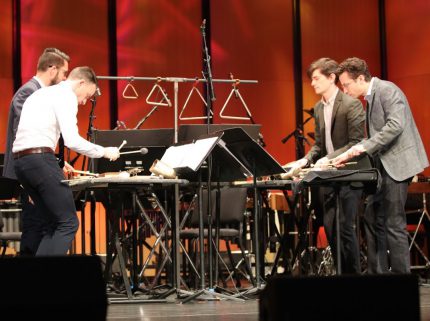
Day four of Chicago’s inaugural Ear Taxi Festival came to a close Saturday night on the main stage of the Harris Theater with a program sponsored by the University of Chicago. After a New Music marathon at Preston Bradley Hall and performances at the Harris’ Cube Space earlier in the day, the evening showcase sustained the momentum of Ear Taxi’s unprecedented presentation of new and recent works with a program that included three world premieres, a Chicago premiere, and two works for berimbau sextet.
The program opened with Third Coast Percussion giving the world premiere of its own Reaction Yield. While all four TCP members—Sean Connors, Robert Dillon, Peter Martin, and David Skidmore—compose their own music, this is the first work they have written together collaboratively. Commissioned by the Glenn D. Prestwich and the Sounds of Science Commissioning Club, which subsidizes pieces that fuse music and science, Reaction Yield was far and away the evening’s highlight.
While the work is divided into four connected movements, Dillon in his prefatory remarks was emphatic that no member was solely responsible for any one segment. A delicate pulsing suffuses and unifies the whole work, while the individual sections are discernible by changes in instrumentation. Particularly memorable was an interlude calling for four triangles of different pitches combined with glockenspiels, which generated an ethereal rhythmic tintinnabulation. Three members also performed on amplified kalimbas (thumb harps) for an extended period creating a hypnotic, meditative atmosphere. One hopes that this will be the first of many collaborative compositions from Third Coast.
The Third Coast members were joined by the Spektral Quartet to give festival impresario Augusta Read Thomas’ Selene (Moon Chariot Rituals) its first hearing in Chicago. Inspired by the Greek lunar goddess, the work begins with a dramatic pointillist exclamation from the octet, but the majority of the seventeen-minute work continues in the same vein as this opening. Except for some isolated serene interludes, the music’s pace and texture are largely undifferentiated, with little to organize the listener’s experience.
After intermission the Chicago Harp Quartet—comprised of Emily Ann Granger, Catherine Yom Litaker, Julie Spring, and Lynn Williams—took the stage for the baffling world premiere of Carolyn O’Brien’s Plectra. The work’s title is the plural form of plectrum, the term for a piece of metal used to pluck a string instrument. While Plectra does indeed call for some of these items, that did little to explain why the piece itself sounded like ten minutes of a creepy soundtrack to a Chinese horror film.
Next up was Arcomusical, the aforementioned berimbau sextet, which was led by Gregory Beyer. The berimbau is a single-string percussion instrument of the bow family that originated in Africa before being imported to and gaining popularity in Brazil. It produces a sound comparable to a very resonant con legno on a Western string instrument.
Arcomusical performed two works written last year by ensemble members: first Alexis C. Lamb’s Apenas seja (“Just Be”), then Beyer’s own Berimbau Sextet No. 1, “Kora” (a reversal from the printed program). This was my first exposure to the berimbau–as it likely was for many in the audience–which made it difficult to evaluate the performance. Arcomusical’s dedicated, enthusiastic music making, however, was a delight to watch. Standing in a semicircle and performing without music, the ensemble demonstrated the kind of communication one might expect from a seasoned string quartet, as buoyant, effervescent Afro-Brazilian textures leapt forth from their instruments.
Before the program’s last piece Chicago mainstay Cliff Colnot received the 2016 Ditson Conducting Award. Established in 1945, the prize honors maestros who have made extraordinary contributions to American music, and past winners include Rostropovich, Bernstein, Ormandy, and Levine. Colnot’s acceptance comments were brief and gracious.
The evening closed with the world premiere of Nox by Drew Baker. The work borrows its name from a book by Anne Carson, and is scored for vast forces—all of the evening’s performers plus many others—distributed throughout a blacked-out hall. Ben Bolter conducted from the stage, illuminated by a lone spotlight.
The work has an arc structure, beginning with sibilant whispering from the musicians, and developing in a protracted crescendo as pitches, often a semitone apart or in clusters, ooze into each other from around the space. Bolter organized the proceedings via cues in which he held up a number of fingers and gestured to the dispersed players. Nox reaches a piercingly loud climax, with trumpets dissonantly wailing mere feet away from audience members’ ears. While Nox is undeniably atmospheric, its most memorable aspect was a nonmusical one, namely the risk of hearing loss.
The Ear Taxi Festival continues through Monday night. eartaxifestival.com
Posted in Uncategorized
